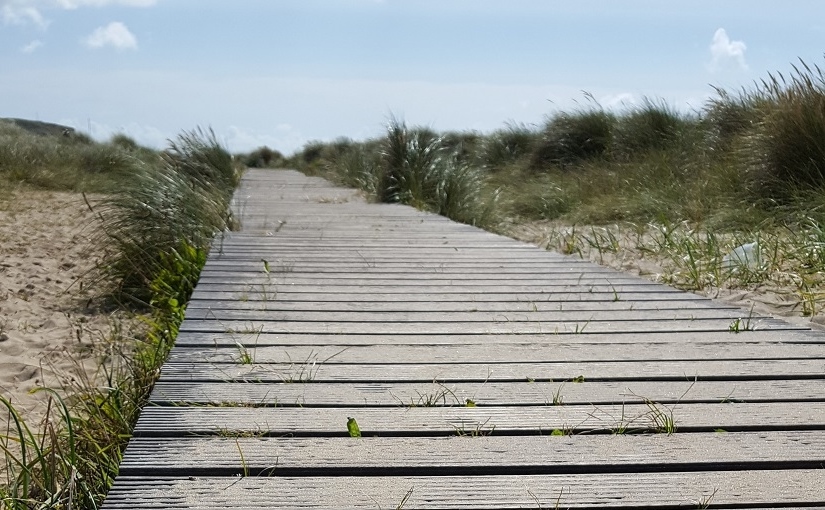When it comes to life, how are we supposed to evaluate it? We could look to statistics: the number of friends we have, the volume of interactions in any given timeframe, the amount of money in the bank, or countless other formulas for how we’re doing. That’s one approach. And, of course, it tells us ‘something’ about a person in relation to society. But that may not be all there is.
It’s something I’ve talked about at various times in writing here (see Notes One), and that’s largely because it seems so important. We can indeed look at society and human activity statistically, but surely we get a very different picture than if we were to look at it from a human perspective. In that light, what is it that we, as humans, bring to life?
Because it really seems that ‘the modern way of looking at things’ seems to create confusion or overwhelm and, in doing so, possibly obscures some fundamental thoughts about life, human worth, and the project of existence. I’m going to leave that sentence in its slightly confused state because, to me, there’s truth in that: we have so many conversations going on at once, so many contradictory or conflicting principles at play in the things we do, that it’s hard to pick out what we’re really saying about life.
We might be encouraged to judge others, cast people aside, or care more for ourselves than the remote impacts we’re having elsewhere. We may struggle to bear in mind all the systems we’re part of and ways our words, actions and attitudes create realities others have to deal with. There might be so much going on that it’s too much to handle and easier to ignore (Note Two), but does that make it the right path?
In making our choices in life – from the myriad of options, and under fairly intense time pressures and social coercion – we may well choose to put ourselves first, to allow a ‘reasonable’ or ‘practical’ degree of compromise, or be swept along with various trends and make that a justification in itself. And all that sends messages out through the example we offer, standards we set, and the ramifications for others.
From that perspective, we’re all making a difference through how we live: in our relationships and interactions; with our insights, contributions or criticisms; by our very presence and the journey we’re all making. Through living, we make the world around us a different place. What it is that we’re doing on that level may be harder to quantify and slower paced, but it’s arguably no less important or real (Note Three).
It’s interesting to consider, because it could be that ‘how we’re living’ – while viable and maybe even admirable economically – really isn’t working so well in a human sense (Notes Four). If society and modern culture are judging our ‘worth’ wrongly then surely people will feel unappreciated, despondent, and maybe even angry. After all, what is life and human existence?
Notes and References:
Note 1: Worthless, or priceless?
Note 1: How we feel about society
Note 2: Value in visible impacts
Note 3: What is real?
Note 4: The conversation of society
Note 4: Economy & Humanity
Turning to literature, “Brave New World Revisited” had some interesting insights around these topics.

